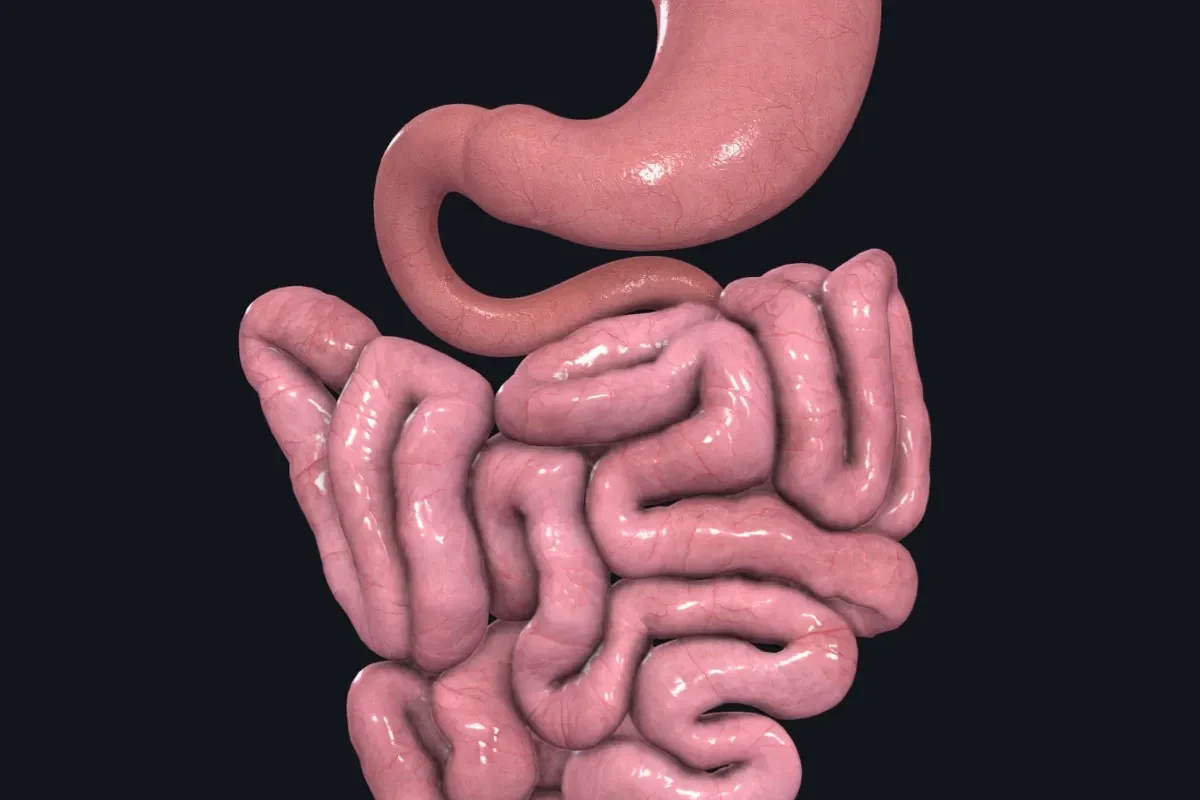Researchers at the University of Copenhagen have shed light on the mechanisms behind the resizing of the intestine in response to nutrient availability. The study revealed that the intestine adapts its size to cope with fluctuations in nutrient intake, a strategy observed in various organisms.
The capacity of the intestine to resize has been widely documented in animals facing prolonged periods of fasting, such as hibernating animals and pythons. In such cases, the gut can shrink by up to 50% but quickly regains its size after a period of re-feeding. This ability for gut resizing is also evident in humans, where an increase in gut size is observed during pregnancy to support fetal growth through enhanced nutrient uptake.
The Colombani Andersen lab at the University of Copenhagen’s Department of Biology utilized the fruit fly, Drosophila, to explore the mechanisms governing gut plasticity. Their findings, published in Nature Communications, highlighted the role of activins in regulating nutrient-dependent gut resizing.
Dr. Ditte S. Andersen explained that nutrient deprivation leads to an accumulation of progenitor cells that do not mature, causing the gut to shrink. Upon refeeding, these cells differentiate into mature cells, facilitating gut regrowth.
The study identified activins as critical regulators of this process. During nutrient scarcity, activin signaling is suppressed, but it becomes reactivated upon refeeding, promoting progenitor maturation and gut resizing. The researchers noted the physiological importance of activin-dependent gut resizing, as inhibiting activin signaling reduced survival rates in fruit flies subjected to intermittent fasting.
Furthermore, the study hinted at the potential implications for cancer research. Mutations in activin signaling, common in various cancer cells, suggest a link between aberrant activin signaling and the development of colorectal cancers. The study’s results lay the groundwork for exploring anti-activin therapeutic approaches to treat colorectal cancer.
The research from the University of Copenhagen uncovers the mechanisms through which the small intestine adapts its size in response to nutrient intake. By identifying activins as critical regulators of gut resizing, the study not only enhances our understanding of this physiological process but also opens new avenues for investigating the role of activin signaling in colorectal cancers.
*Note:
1. Source: Coherent Market Insights, Public sources, Desk research
2. We have leveraged AI tools to mine information and compile it.



